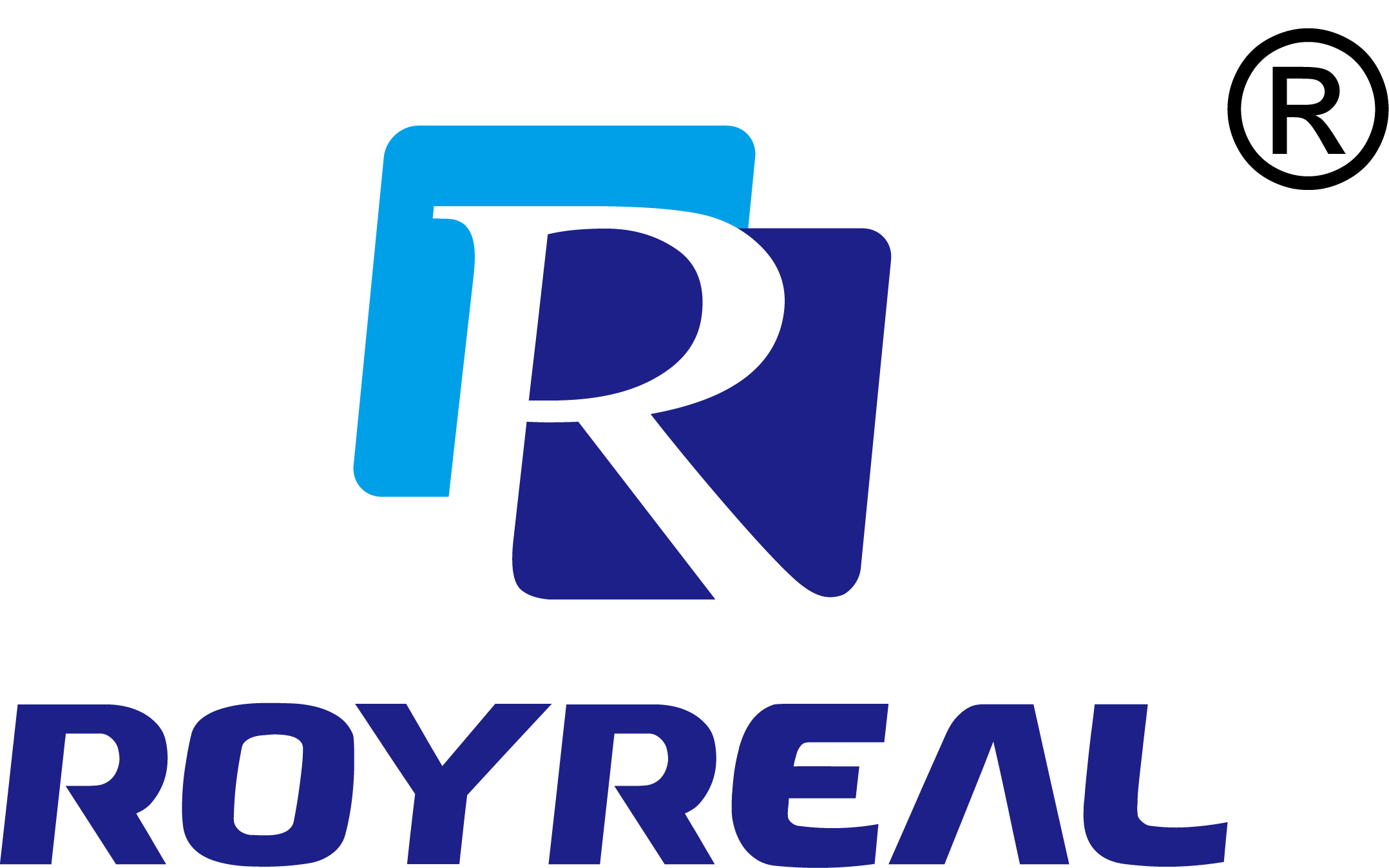Understanding Wet Gas Flow Meters: A Comprehensive Guide for Gas and Liquid Measurement Instruments
Category: Industry News
Time:2024-12-09
Introduction:
Wet gas flow meters play a crucial role in the field of gas and liquid measurement instruments. They enable accurate and reliable measurement of gas and liquid flow rates, ensuring efficient operations across various industries. In this comprehensive guide, we will explore the fundamentals of wet gas flow meters, their applications, and the advantages they offer.
What is a Wet Gas Flow Meter?
A wet gas flow meter is a specialized instrument designed to measure the flow rate of a gas-liquid mixture, commonly referred to as wet gas. Unlike traditional flow meters, which are primarily used for single-phase fluids, wet gas flow meters are specifically engineered to handle the complex dynamics of gas-liquid mixtures. By accurately quantifying the flow rates of both the gas and liquid phases, these meters provide valuable insights into process efficiency and optimization.
How Do Wet Gas Flow Meters Work?
Wet gas flow meters employ various measurement principles to determine the flow rates of gas and liquid within a mixture. Some commonly used techniques include differential pressure measurements, where the pressure drop across a constriction in the flow path is correlated to flow rate, and ultrasonic measurements, which utilize sound waves to gauge the velocity of the gas and liquid phases. By combining these measurements, wet gas flow meters can accurately determine the individual and total flow rates of both phases.
Applications of Wet Gas Flow Meters:
Wet gas flow meters find extensive use in industries where the measurement of gas-liquid mixtures is critical. Some typical applications include:
1. Oil and Gas Industry: Wet gas flow meters are essential in oil and gas production, providing vital data for reservoir management, well testing, and production optimization. They help monitor the flow rates of oil, gas, and water, enabling informed decision-making and maximizing output.
2. Chemical Processing: Wet gas flow meters are employed in chemical plants to measure the flow rates of gas-liquid mixtures during various stages of production. Accurate measurement ensures efficient operation and adherence to process specifications.
3. Petrochemical Industry: Wet gas flow meters play a crucial role in petrochemical refineries, allowing precise measurement and control of gas-liquid flow rates. This information aids in process optimization, reduces waste, and ensures product quality.
Benefits of Wet Gas Flow Meters:
Wet gas flow meters offer several advantages, including:
1. Accurate Measurement: By considering the unique properties of wet gas, these flow meters provide reliable and precise flow rate measurements for both gas and liquid phases, even under challenging conditions.
2. Process Optimization: Accurate flow rate data enables operators to identify inefficiencies, diagnose issues, and optimize process parameters, leading to improved productivity and cost savings.
3. Reliable Operation: Wet gas flow meters are designed to withstand the challenges posed by gas-liquid mixtures, ensuring long-term reliability and minimal maintenance requirements.
Conclusion:
Wet gas flow meters are essential tools in the field of gas and liquid measurement instruments. Their ability to accurately measure the flow rates of gas-liquid mixtures is instrumental in optimizing processes and ensuring efficient operations across various industries. By understanding the principles, applications, and benefits of wet gas flow meters, professionals in the field can make informed decisions and drive improvements in their operations.
Keywords:
 EN
EN RU
RU SP
SP
